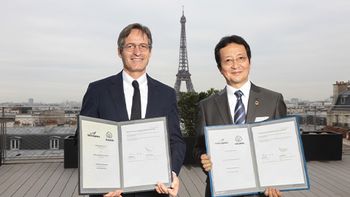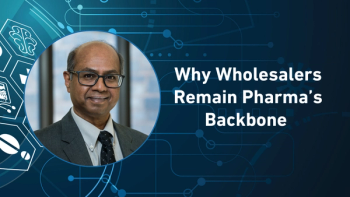
Amgen, Sanofi US settle with US DoJ on marketing violations
Both cases involve sampling practices; both require corporate integrity agreements; and Amgen pleads guilty to a misdemeanor charge for off-label marketing of Arenesp
Two more cases of improper drug marketing have been resolved with the US Dept. of Justice, involving False Claims Act violations and other violations brought under qui tam whistleblower suits. Of the two, Amgen’s is the much broader one—it will pay $150 million in criminal penalties, plus $562 million in civil penalties for a broad array of violations of off-label marketing of Arenesp (darbepoeitin alfa, an erythropoiesis stimulating agent, or ESA), Epogen (epoeitin alpha), Neupogen (Filgrastim), Neulasta (pegfilgrastim), Enbrel (etanercept) and Sensipar (cinacalcet). Sanofi’s case involves Hylagen (hyaluronate). Sanofi’s violations occurred up to 2009; Amgen’s began in 2002 and continued until 2007, when FDA required a black-box warning for prescribing Arenesp to cancer patients suffering from anemia, one of several unapproved uses of the drug.
Sanofi is paying $109 million to the US for artificially inflating the price of the drug when paid for by Medicare. As detailed by the US Attorney’s office in Massachusetts, Sanofi began excessively offering samples to prescribing physicians, based on the volume of prescriptions they wrote, as a way to undercut competitors who came onto the market with lower-priced products. The scheme enabled Sanofi to continue to report a higher Average Sales Price (ASP) to the government. “Before the government initiated the investigation that led to this settlement, Sanofi identified concerns with Hyalgan sampling through the operation of its compliance program and immediately took strong, proactive and effective steps to address these issues and voluntarily stopped sampling Hyalgan in 2009,” the company said in a statement, and the DoJ notes that Sanofi’s cooperation entered into the plea discussions.
Amgen’s case is much broader and serious, with the implication that some patients’ health was allegedly harmed by the aggressive marketing of Arenesp and other products. The drug was approved originally for anemia, but Amgen commenced marketing the drug for anemia related to cancer and kidney diseases (whether or not chemotherapy was being utilized, which is a common side effect of chemotherapy). “Amgen’s internal sales and marketing materials made plain that Amgen’s misbranding of Aranesp was the company’s core business strategy to gain market share from its only ESA competitor, Procrit, sold by Johnson & Johnson,” says the US Attorney’s office of Eastern New York.
Both cases also involve whistleblower suits; in the Amgen case, according to press reports, sales reps were surreptitiously recording internal Amgen sales meetings as part of the investigation.
The CIAs that the companies have entered into will require ongoing reporting to the Office of Inspector General of HHS; Amgen’s will run five years and include posting information on payments to doctors (which will soon be a requirement of all pharma manufacturers, under “aggregate spending” rules of the Affordable Care Act). DoJ notes that since January 2009, it has collected $10.1 billion for Medicare and Medicaid fraud from healthcare suppliers and providers, out of a total of $13.9 billion collected under the False Claims Act since then.
Newsletter
Stay ahead in the life sciences industry with Pharmaceutical Commerce, the latest news, trends, and strategies in drug distribution, commercialization, and market access.




